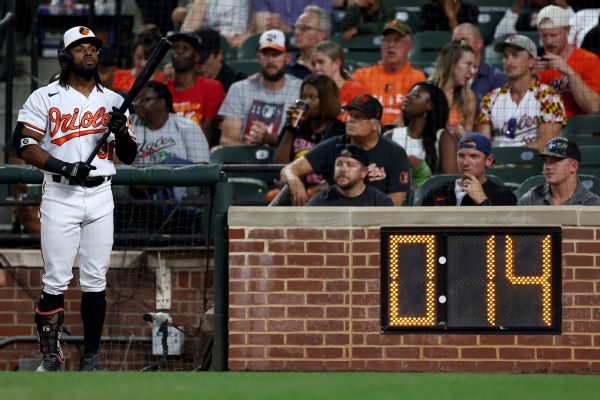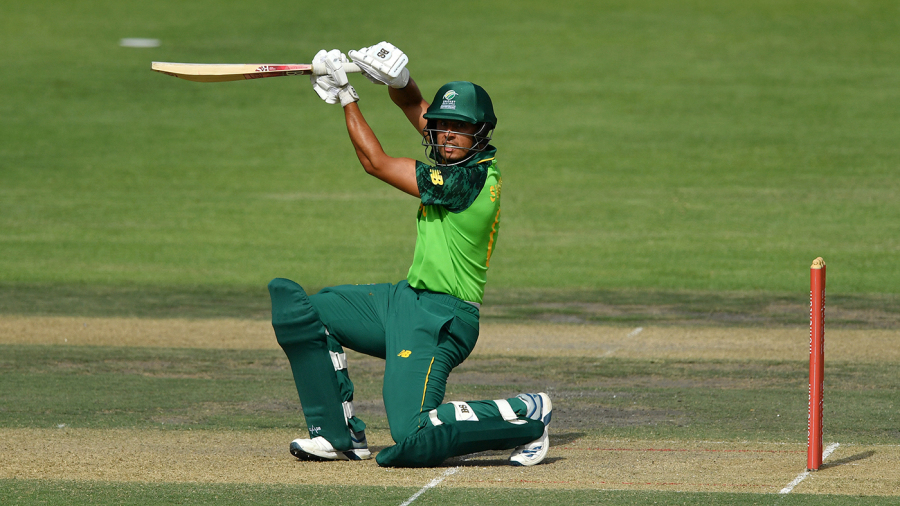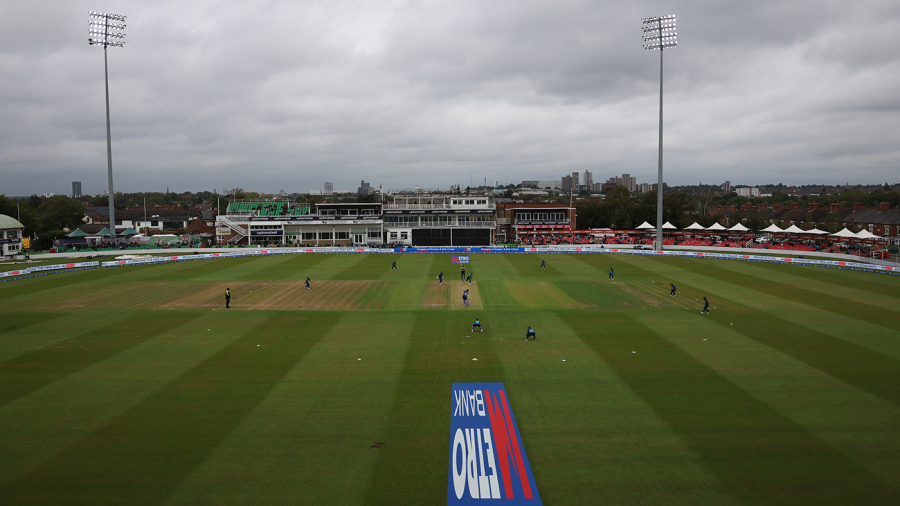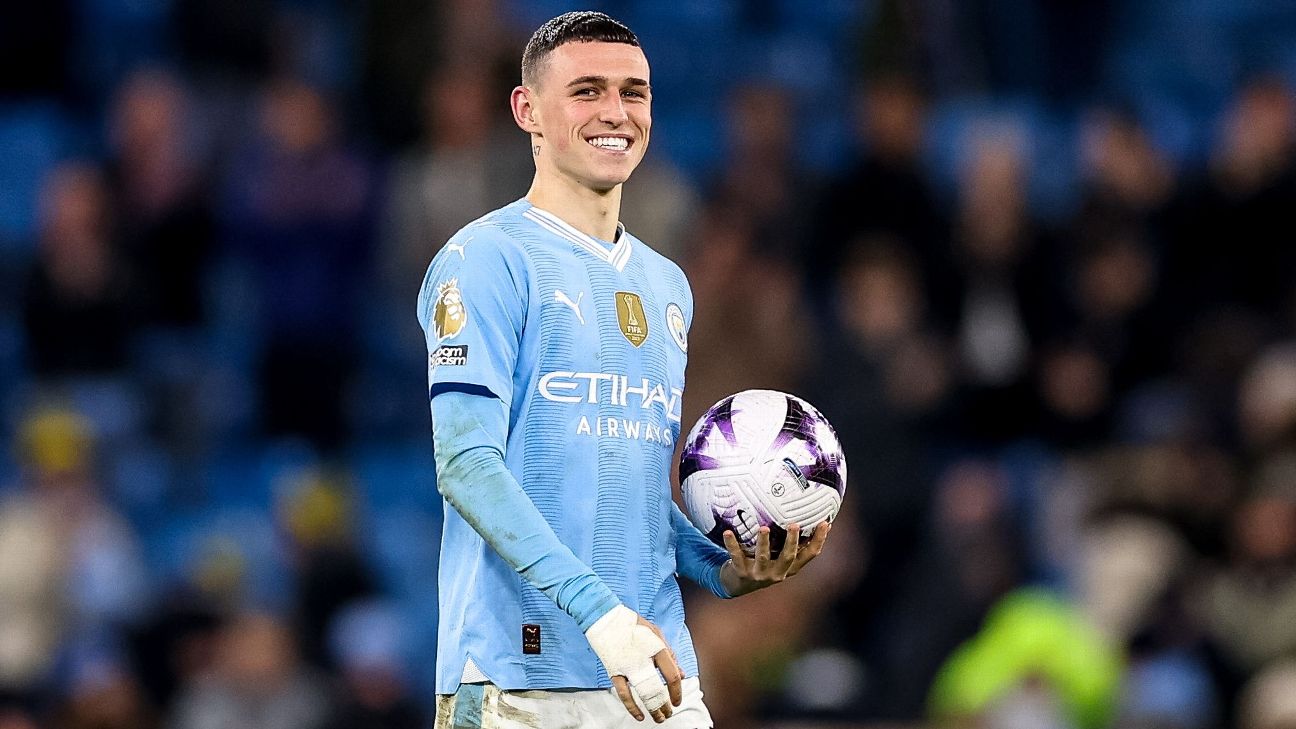![Premier League logo [1296x729]](https://a.espncdn.com/photo/2024/0311/r1303491_1296x729_16-9.jpg)
You win the game in the trenches Why the Titans turned down trade requests on draft day
The introduction of an independent regulator for English soccer represents a big risk that could have unintended consequences, according to Premier League Chief executive Richard Masters.
Speaking ahead of the second reading of the Football Governance Bill that was introduced in Parliament last month, Masters issued a stark warning to lawmakers, urging MPs to give the details of the Bill full scrutiny.
"Very few industries welcome additional regulation but it is here and we will continue to engage with it positively," Masters said in a statement on Monday after addressing both Houses to state his concerns ahead of Tuesday's debate in Parliament.
"By any yardstick we are an incredibly successful industry. But it is not just the Premier League, right down through the pyramid, we have got fantastically successful leagues. It [a regulator] is a first. We can't look to Germany or Spain or France and say, 'Well, we can see it working.'
"We are taking a big risk with a very successful industry and so we're asking MPs and peers to look at the Bill very carefully and to look at it with a dispassionate head on and make sure that all of football benefits from it, and we don't bump into unintended consequences."
The Football Governance Bill, which includes the setting up of an independent regulator, was introduced last month and described as an historic moment by Prime Minister Rishi Sunak.
Amongst its tasks, the regulator would set up a licensing system for the top five tiers in English soccer with clubs needing to meet requirements with regard to financial stability, owners' suitability, fan engagement and the protection of clubs' heritage such as club badges, kit colour and stadiums.
It will also have backstop powers to impose an agreement between the Premier League and Football League on how wealth is redistributed if no deal is reached -- something Masters is adamant should not happen.
"We have been negotiating with the English Football League (EFL) for over a year with a generous package on top of what we already do -- and that remains in place," Masters said.
"I don't want this backstop power to ever be used, it is unnecessary. Since 2007, we have been bilaterally agreeing more generous deals with the EFL and I would love that to continue. That's my aspiration and hope."
Both the Premier League and National League (fifth tier) said a heavily amended Bill could damage the dynamism, competitive balance and success of the English pyramid.
National League General Manager Mark Ives said he was concerned by additional bureaucracy and 'mission creep'.
"People are talking about the need for a regulator because of the mess the game is in. The game is not in a mess," he said.
"So allow the people to deal with it appropriately and if we are not doing it in the right way, then let the regulator step in. Otherwise you will put too much bureaucracy, too much burden on the clubs and it will be damaging to them."
However, the EFL welcomed the bill when it was first announced in March.
"We hope [it] will be an important milestone to help us secure the long-term financial sustainability of England's football pyramid," chairman Rick Parry said in a news release.
"The establishment of the independent football regulator will be at the heart of this reform, and we are encouraged that the regulator will be given backstop powers to deliver financial redistributions should the game be unable to agree a deal itself."
Information from Reuters was used in this story.













